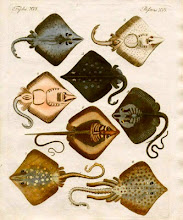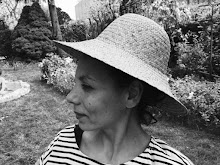2. Contingency
All at once the veil is torn away, I have understood, I have seen. . . . The roots of the chestnut tree sank into the ground just beneath my bench. I couldn’t remember it was a root anymore. Words had vanished and with them the meaning of things, they way things are to be used, the feeble points of reference which men have traced on their surface. I was sitting, stooping over, head bowed, alone in front of the black, knotty lump, entirely raw, frightening me. Then I had this vision.
It took my breath away. Never, up until these last few days, had I suspected the meaning of “existence.” I was like the others, the ones walking along the seashore, wearing their spring clothes. I said, like them, “The sea is green; that white speck up there is a seagull,” but I didn’t feel that it existed or that the seagull was an “existing seagull”; usually existence conceals itself. It is there, around us, in us, you can’t say two words without mentioning it, but you can never touch it. When I believed I was thinking about it, I was thinking nothing, my head was empty, or there was just one word in my head, the word, “being.” Or else I was thinking–how can I put it? I was thinking of properties. I was telling myself that the sea belonged to the class of green objects, or that green was one of the qualities of the sea. Even when I looked at things, I was miles from dreaming that they existed: they looked like scenery to me. I picked them up in my hands, they served me as tools, I foresaw their resistance. But that all happened on the surface. If anyone had asked me what existence was, I would have answered in good faith, that it was nothing, simply an empty form added to things from the outside, without changing anything in their nature. And then all at once, there it was, clear as day: existence had suddenly unveiled itself. It had lost the harmless look of an abstract category: it was the dough out of which things were made, this root was kneaded into existence. Or rather the root, the park gates, the bench, the patches of grass, all that had vanished: the diversity of things, their individuality, were only an appearance, a veneer. This veneer had melted, leaving soft, monstrous lumps, in disorder–naked, with a frightful and obscene nakedness.
(to be continued. . . )
Subscribe to:
Post Comments (Atom)




No comments:
Post a Comment